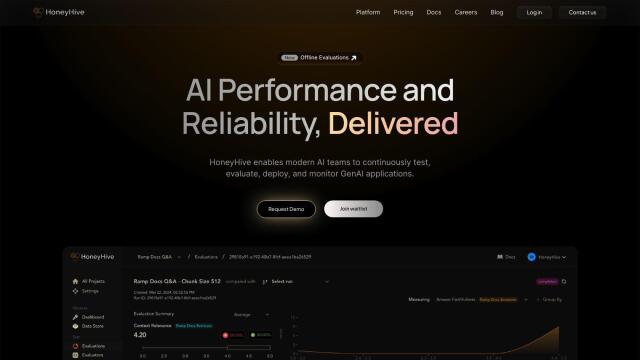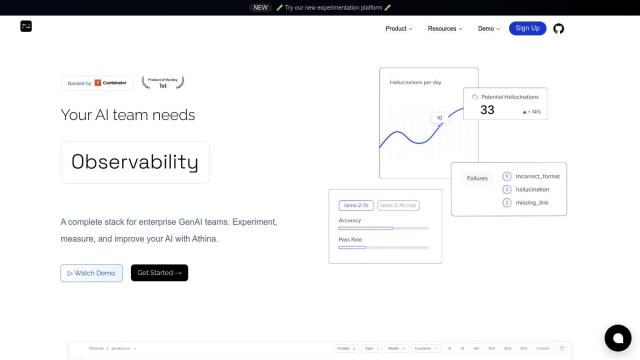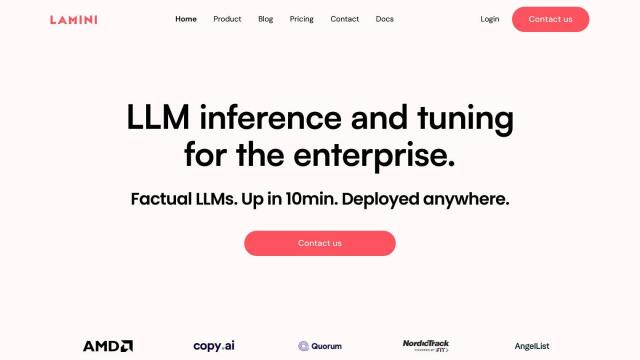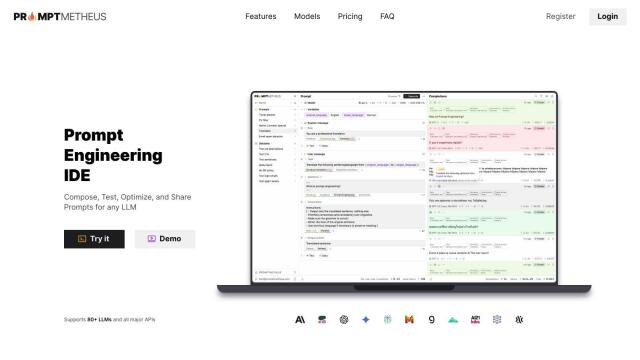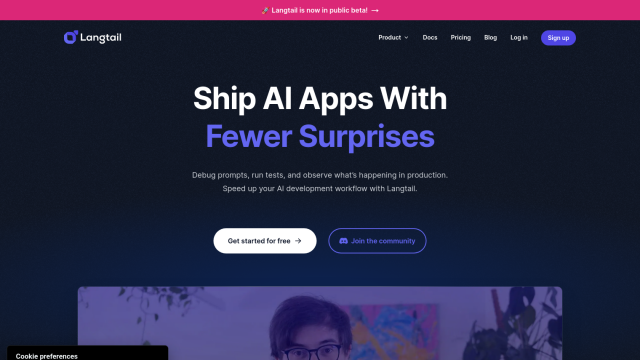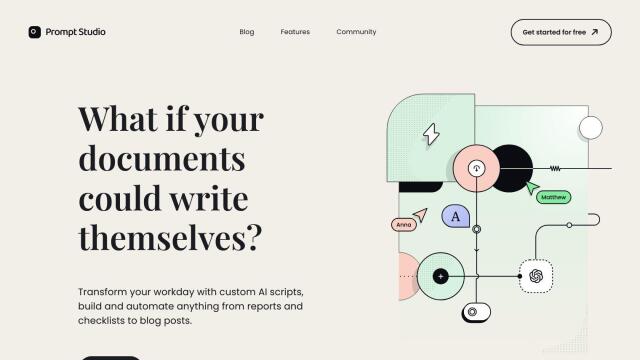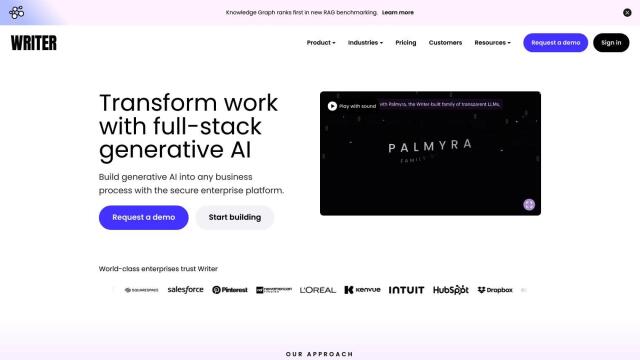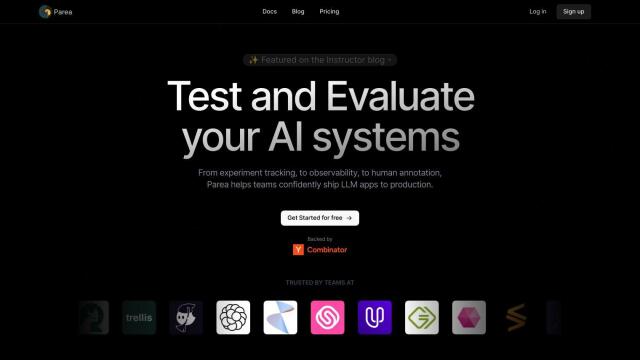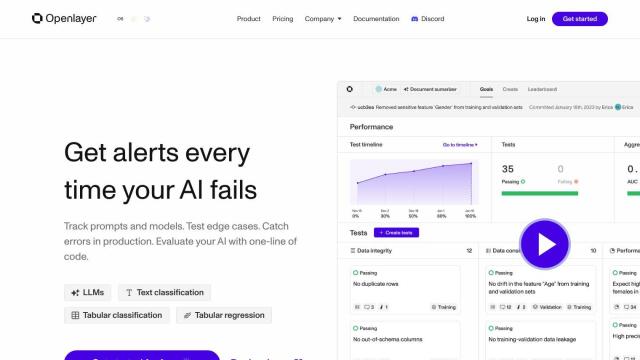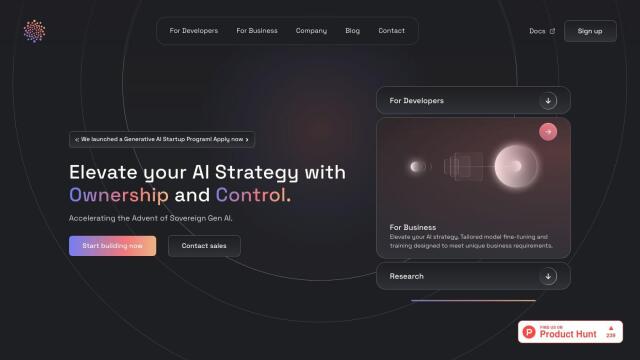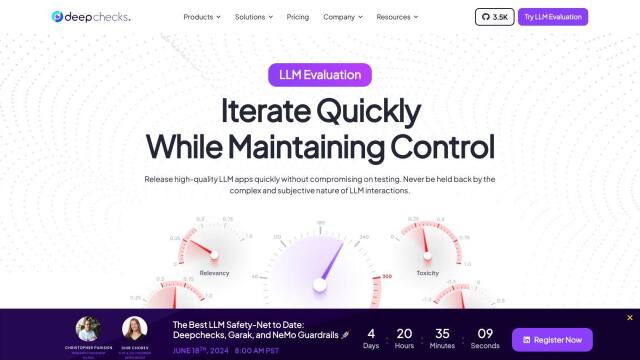Question: Can you recommend a platform for building and optimizing generative AI applications with large language models?


Klu
If you want to build and tune generative AI apps with large language models, Klu is a powerful option. It supports several LLMs, including GPT-4, Llama 2 and Mistral, with features for rapid iteration, built-in analytics and support for custom models. Klu also offers features like prompt engineering, version control and performance monitoring to help you manage and optimize your generative AI projects.

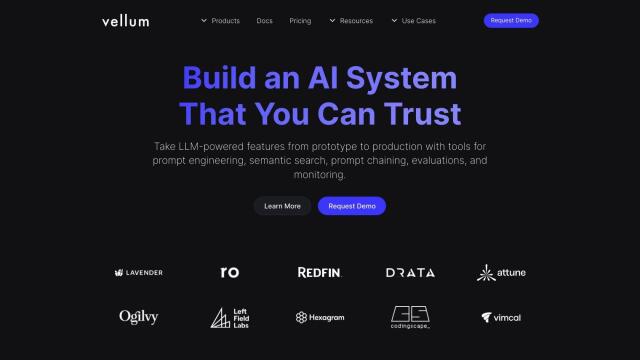
Vellum
Another top contender is Vellum, which is geared for the full life cycle of your LLM-based applications. Vellum offers tools for prompt engineering, semantic search and multi-step chain composition, as well as serious evaluation and monitoring. It's geared for enterprise-scale applications, with top-shelf security, privacy and scalability, so it's good for sophisticated AI workflows.


Humanloop
If you want a more collaborative approach, Humanloop is another good option. It has a collaborative prompt management system, version control and a tool suite for assessing and monitoring AI performance. Humanloop supports several LLM providers and offers tools to link private data and fine-tune models. It's good for product teams, developers and anyone who wants to make AI development more efficient.


LastMile AI
Last, LastMile AI is a full-stack developer platform designed to help engineers productize generative AI apps. It's got tools like Auto-Eval for automated hallucination detection, an RAG Debugger and AIConfig for version control and prompt optimization. With support for multiple AI modalities and a notebook-like environment for prototyping, LastMile AI makes it easier to build and deploy production-ready generative AI apps.

